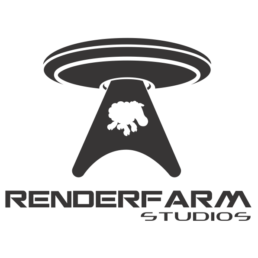Fausto CANTU
Monterey, MX
CEO of Render Farm Studios™, specialized in the creation, production and distribution of technical and visual solutions for digital media through the use of “disruptive” technologies: VR, digital and generative art, recent interest in NFTs -s and the blockchain economy, graduated from the University of Monterrey and the Dublin Institute of Technology.


Biography
Born IN Monterrey N.L. México 1968, CEO Render Farm Studios. I use digital technology as an essential part of my process since 1990, from digital printing to animation and virtual reality as well. I like the idea of the intangible, the speed, the fleeting and ephemeral of the technological pieces and the capacity of these to have infinite versions, copies and originals, but at the same time I am a fan of figurative expressionism and the human condition in which it is involved.
Fausto Cantu's answers
My name is Fausto Cantu. I am from Monterrey, Nuevo León, I am fifty-three years old. I have worked in the creative media industry for over 15 years. I graduated from the Dublin Institute of Technology in Innovation, Art and Digital Design. I studied arts at the University of Monterrey. So I have an artistic background, but I also studied how to manage that creativity, if you want to look at it that way.
So I think I have a good mix of what it takes to deal with the creative industries. I’m the CEO of Render Farm Studios, which is an animation, visual effects, and virtual reality production company. Today I focus more on the study of digital art, generative art. What is your role with non-fungible tokens (NFTs), and how will all digital creativity enter the new economy? So that’s more or less my background.
Is it the question of creativity or innovation? If we want to see things from this angle, within the framework of the technological processes which are very close at the present time. What we see is this integration between technique and craftsmanship, but looking at craftsmanship as a digital issue, in other words, it’s about moving from an artisanal view of the digital issue to a much deeper integration in the technological and IT question.
The first thing is that if we have to emphasize design thinking, in the eastern part, above all in the structural and conceptual part of this subject. Design thinking must be a specific subject that is part of the master. On the other hand, here is another question: the profile of the person must somehow know or introduce him to computational thinking, he must have knowledge of how code works. In the specific case, if we enter the technological part. For example, people who use these more advanced artistic creation tools, i.e. “touching” or “nudging”. But the joke is that you have to have code knowledge. If you want to examine the implementation of this technology, you should know that machine learning and artificial intelligence are also part of a question that must take into account all the profiles sought. That’s more or less what I see. Yes, that’s basically what I think.
In terms of administration, knowledge of “Agile” management and knowledge of “Scrum” and all those sorts of things is another fundamental part that I think should be part of it. Another thing I need to see is this whole part that has to do with “cognitive Kanban”. It is also very important to talk about it within the framework of the master. I think that’s more or less it, if I think of anything else I’ll let you know on the way.
Automation of content creation is a reality, right? We already see it. In other words, the substitution of artificial intelligence in certain processes, not in what is deeply creative, but in what is more tedious to do, for example, simultaneous translation in the case of visualization, where you have a stream of alternatives and versions of the same idea and the AI generates it for you, which is where I see things starting to happen. Automation of processes, for example, in the case of animation, this thing that we see with Metahumans, is another issue that will be addressed. It is no longer necessary to have great skill or spend many hours (…?) on a machine to have the expertise to be able to create something that previously required a whole process and a whole series of expertise needed in certain programs.
I think what we’re going to see in the next two years is automation to make it a lot more user friendly in the process of “Ux” and UX and UI which will make things a lot easier for all artists who do not yet have the expertise that has been generated. In the case we are looking at right now with the project with Israel: bringing all modelers to a certain standard for a web base. It’s going to take a month, a month and a half of development for the modelers to have that necessary skill, right? However, in this process, the interface must allow these files to be downloaded and make them much more user-friendly for modellers. It will grow and become much more efficient. So what we’re going to see is debugging to make creative processes and procedural issues much more agile, right?
Well, what I see and what is closer is that the demand from the different sectors is increasing, and the incorporation of augmented reality and virtual reality is a fact that we can see coming, is not it not?
But that implies a lot of things: first of all, that implies that we have widespread 5G broadband in the world, that implies that the adoption process that has already begun and that has already begun with other companies will be much more faster and more agile. But there is also a very important change: the education of the different industrial sectors on the advantages that this type of technology can bring remains an issue on which we must continue to work. I’ll give you an example: senior executives from the Modelo Group came up with the idea, with a group, with a think tank that they wanted to create, and they said, “we want to create the Metaverse of bars in Mexico.” . They arrive with this premise but
they don’t even know what the origin of the word is, where it comes from, because it was created from this novel. What does all this imply? No, because they already wanted to get involved. Of course, I fully understand that their job is to sell beer. Now, how are they going to sell it in a metaverse, in a virtual world? With what currency will they sell it? How are you going to hook users into actually going to a virtual bar inside their home and having fun with their friends?
And they also formulated it in a very intelligent way: it’s not for now, we think four to five years in advance. The Modelo group is looking at this whole process, it’s good to grow because there’s a big ‘tech stack’, yes, but suddenly it’s an event, and they don’t have the concept design either theoretical or we have to understand that it is a process as if it were a minimum viable product: that it is a living product that will last for many years and that it has an intrinsic cost because everything the world touches him. All industries and sectors are saying, “Oh yeah, this VR thing is really cool, isn’t it? How much does it cost ? No, no, wait a minute. Tell me first how we’re going to reduce that value as a brand, how we’re going to look at all the alternatives, that there’s a process and treat it as a minimum viable product. It is a matter of education for clients and for projects. No, because it is an intangible element whose price and sale are very difficult.
In the case of a project that we are doing with “Yankee” for the augmented reality of “Chichen Itza”, we tell them “from the minimum viable product and some attractions of Chichen Itza, you make an application of it in a model mixed sale of advertising and purchase of the application, now at a very, very affordable price: half the price of an entrance ticket to the archaeological park and you have a substitute for the tourist guide! And you also integrate the tour guides so that they have another device, which is much more advanced, and they can be integrated into this device. You even put it in the business model. It is therefore the augmented reality operators who will be present. Therefore. So there is a way to make the project financially self-sufficient, but you also have to have the will to bring several players into the game.
Yes, yes, I would seek him out, but I would seek him out for those kinds of special projects, which are projects that are beyond the… which are the ones that push the boundaries. In the case, for example, of the Metaverse, I would need people who already know exactly this numerical question. What’s needed to generate a good metaverse and all that entails then, is to say to talk about that kind of stuff, that’s how it comes, right?
And also the creation of Metaverse is going to be another very important niche market, which is what is going to happen in the future. So, yes, yes, yes, yes, I would be interested in having a graduate like that so that you can lead a project of this nature.
Well, one of the suggestions is that there should be a short introduction to programming languages. I remember what it is. It’s called Python. Python because it will be needed for what is called creative coding.
In other words, a subject called “Creative Coding” should be part of the Master’s course load. I see it as a way to balance the creative part with the administrative part, with the operational part.





